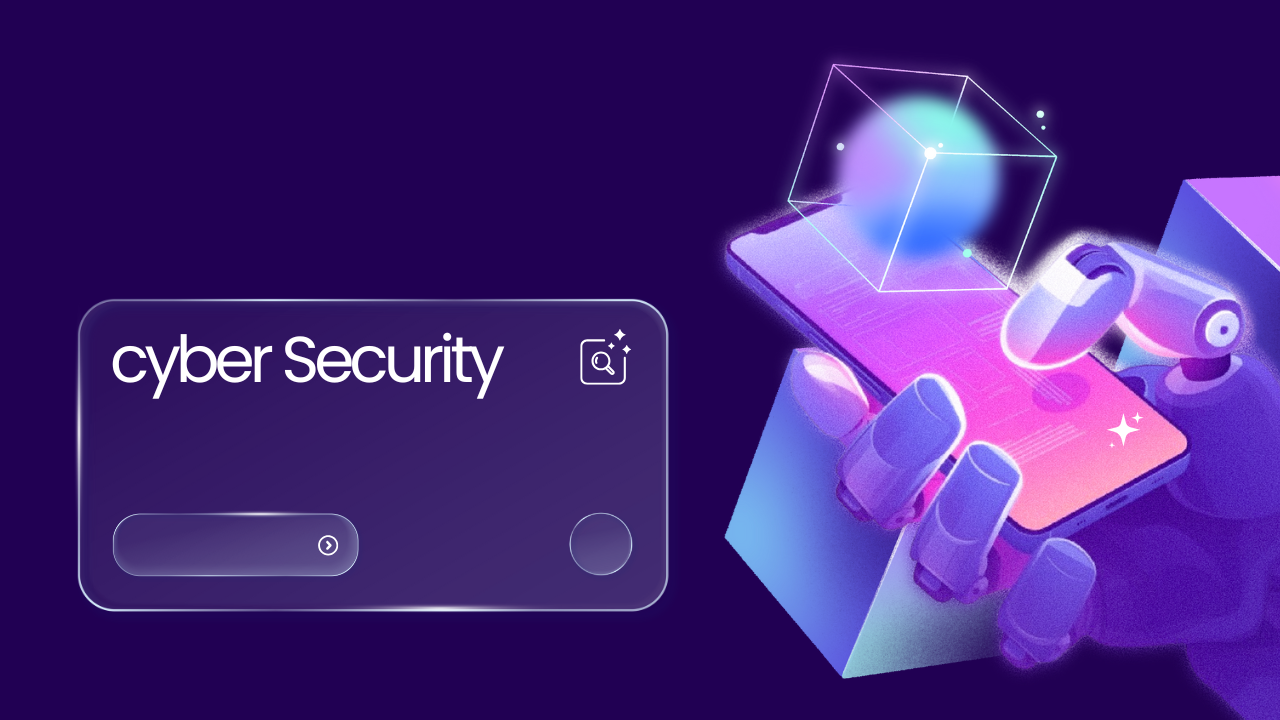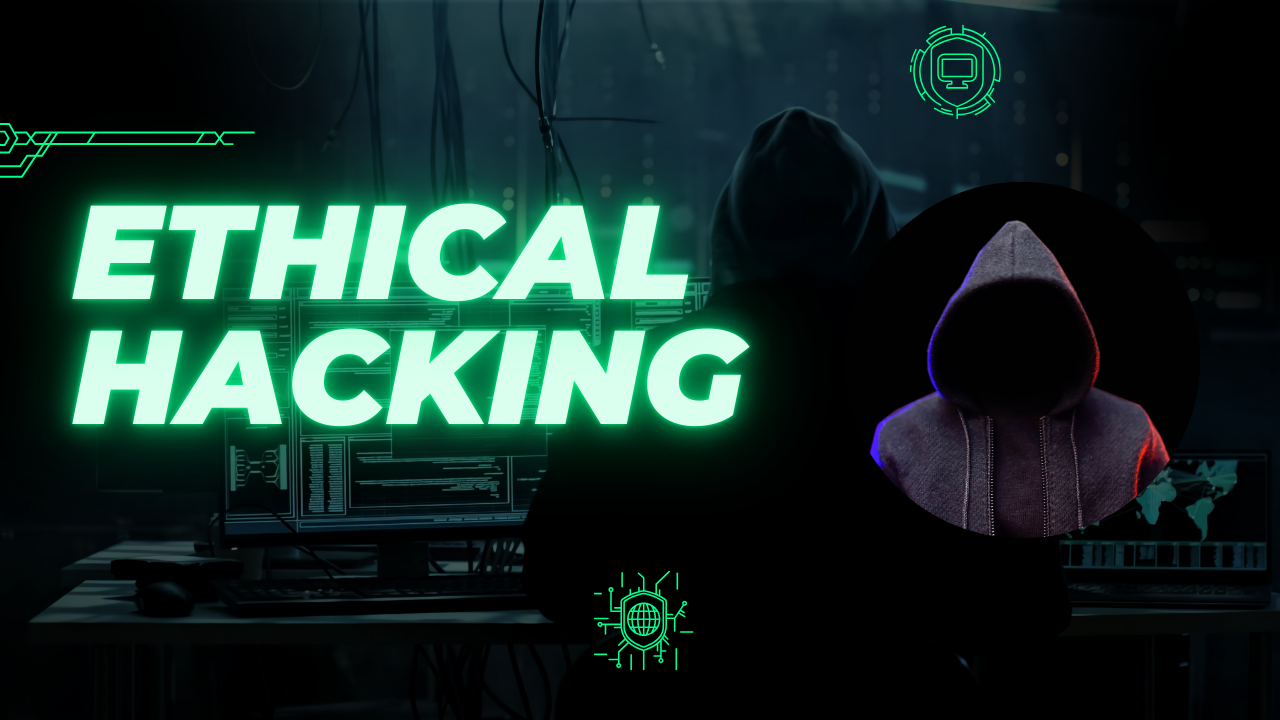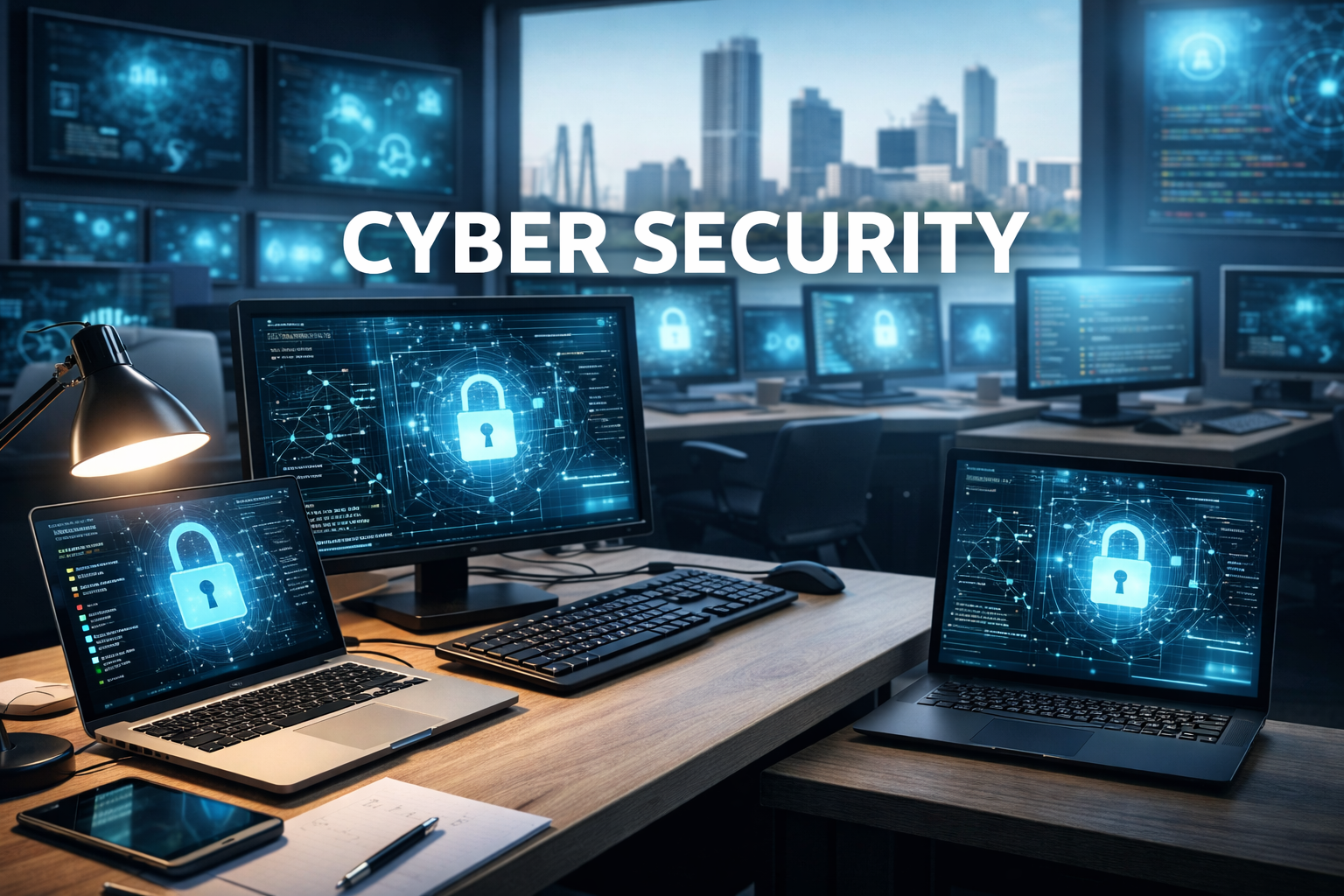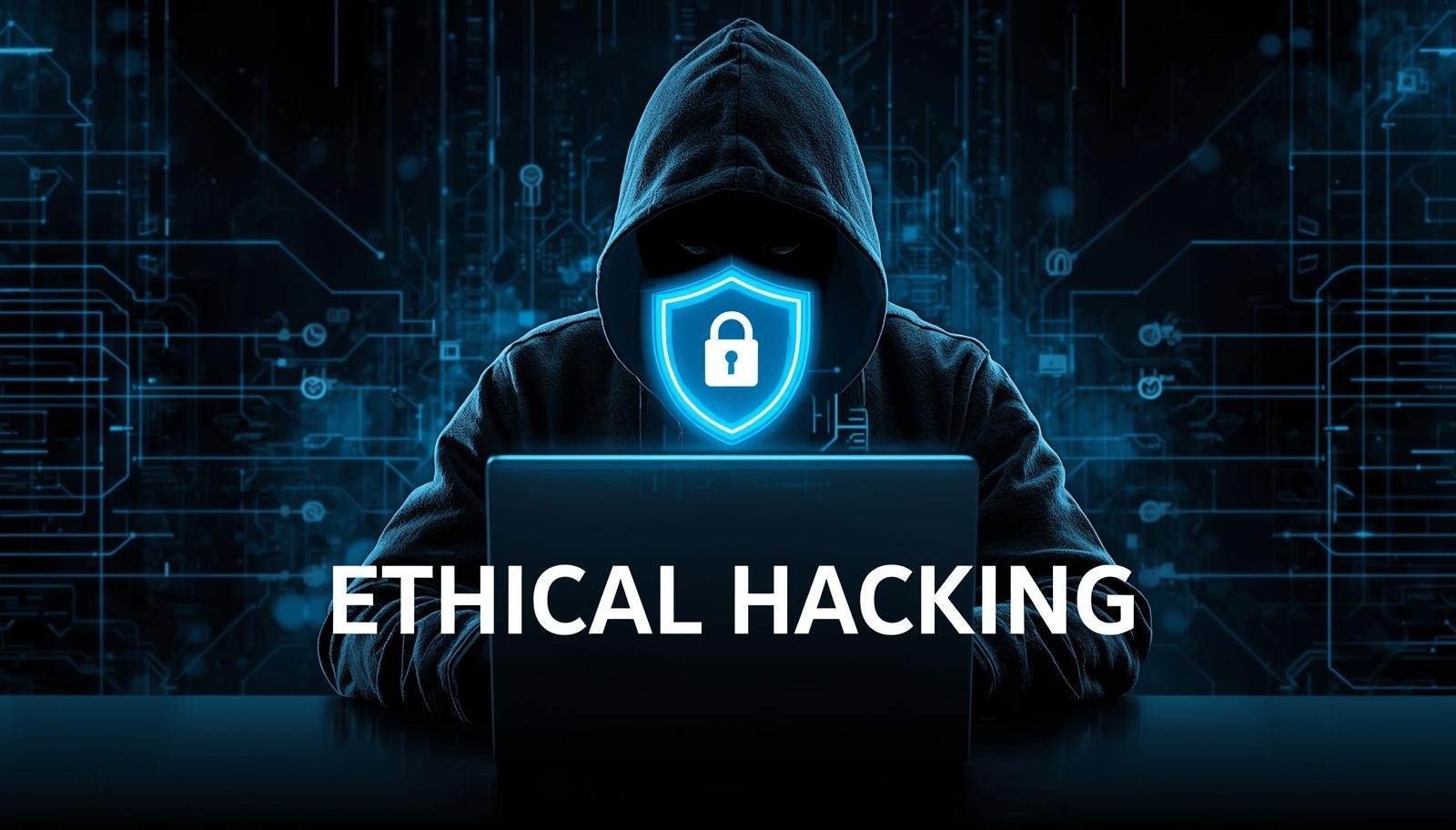In today’s digital-first world, cybersecurity is no longer just a tech industry buzzword—it's a necessity. From protecting our personal data to defending billion-dollar businesses from cyberattacks, the demand for cybersecurity professionals is rising faster than ever before. But what if you don’t have an IT background? Can you still learn cybersecurity and build a successful career in this field?
Short answer: Yes, absolutely. And in this blog, we’ll show you exactly how.
Why Cybersecurity Is for Everyone
There’s a common myth that cybersecurity is only for people who come from traditional IT, coding, or engineering backgrounds. But the reality is, cybersecurity is a diverse field with roles that suit a wide range of skills.
Do you enjoy problem-solving? Love puzzles? Have an eye for detail? These are all traits that make a strong cybersecurity professional.
In fact, many organisations now prefer candidates with non-technical backgrounds because they bring fresh perspectives and unique problem-solving approaches.
According to a (ISC)² report, more than 30% of cybersecurity professionals transitioned from unrelated fields such as education, retail, or finance.
What Skills Do You Actually Need?
You don’t need to be a coding wizard to get started in cybersecurity. Here are the basic skills that help:
- Analytical thinking
- Understanding of risk and compliance
- Attention to detail
- Communication skills (yes, soft skills matter!)
- Curiosity and willingness to learn
Some technical skills you'll pick up along the way include:
- Basic computer networks (DNS, IP, TCP/IP)
- Operating systems (Windows, Linux)
- Cybersecurity concepts like malware, firewalls, phishing
- Understanding security tools and platforms
Don’t worry if you don’t know these yet—you’ll learn them as you go.
Best Ways to Learn Cybersecurity Without an IT Background
1. Start With Foundational Courses
If you're just getting started, look for courses that simplify cybersecurity concepts for beginners.
- Cyber Security & Ethical Hacking with AI
- Perfect for beginners. Covers everything from basic threats to how hackers think.
- Certified Ethical Hacker v13 AI
- Industry-recognised certification. Learn how to ethically break systems to make them safer.
- Advanced Diploma in Information Security v3.2 AI
- Comprehensive course if you’re ready to dive deeper.
2. Understand the Basics of Networking
A good chunk of cybersecurity revolves around understanding how networks work.
- Cisco Certified Network Associate (CCNA)
- A well-recognised beginner-friendly course that teaches networking fundamentals.
This knowledge helps you understand how data flows and where vulnerabilities may appear.
3. Learn Through Practice (Hands-on Projects)
Hands-on experience is more valuable than memorising definitions. Start practising in safe environments like:
- Capture The Flag (CTF) competitions
- Virtual labs (e.g., TryHackMe, Hack The Box)
- Simulated network attacks
Courses that offer practical labs:
What Role Can You Aim for Without IT Experience?
You might be surprised by how many cybersecurity roles don’t require a traditional tech degree. Here are some job roles you can aim for:
Security Analyst
You monitor systems, respond to alerts, and analyse threats.
Security Awareness Trainer
Teach employees how to identify phishing emails and scams.
Compliance & Risk Officer
Work with policies, laws, and audits. Ideal for those with legal or business backgrounds.
Bug Bounty Hunter
Find vulnerabilities in real systems and get paid.
Popular Cybersecurity Learning Paths (Non-IT Friendly)
Here’s a simple roadmap you can follow:
Step 1: Learn Fundamentals
- Take beginner-friendly courses
- Read blogs, watch YouTube tutorials
Step 2: Get Certified
- CEH, CCNA, or Diploma courses
Step 3: Build Labs & Projects
- Simulate attacks, defend systems
Step 4: Apply for Internships or Entry-Level Jobs
- Many companies hire based on skill, not degrees
Step 5: Specialise
- Choose your interest: Penetration testing, Network Security, Cloud Security, etc.
- Network Security Course
Real Stories: People Who Switched to Cybersecurity
- Ravi, 32, ex-sales manager: Completed a CEH course and now works as a junior penetration tester.
- Anjali, 26, psychology graduate: Became a Security Awareness Officer. "Understanding human behaviour really helped me," she says.
Cybersecurity values skill, curiosity, and ethics more than a degree.
Final Thoughts
Learning cybersecurity without an IT background is not only possible, it’s becoming more common every year. As cyber threats evolve, the industry needs people who can think differently, communicate clearly, and bring diverse skills to the table.
The key is to start with the right course and take consistent steps.
Start your cybersecurity journey today with beginner-friendly, AI-powered courses from MrWebSecure:
No IT background? No problem. Let your curiosity and commitment lead the way.





